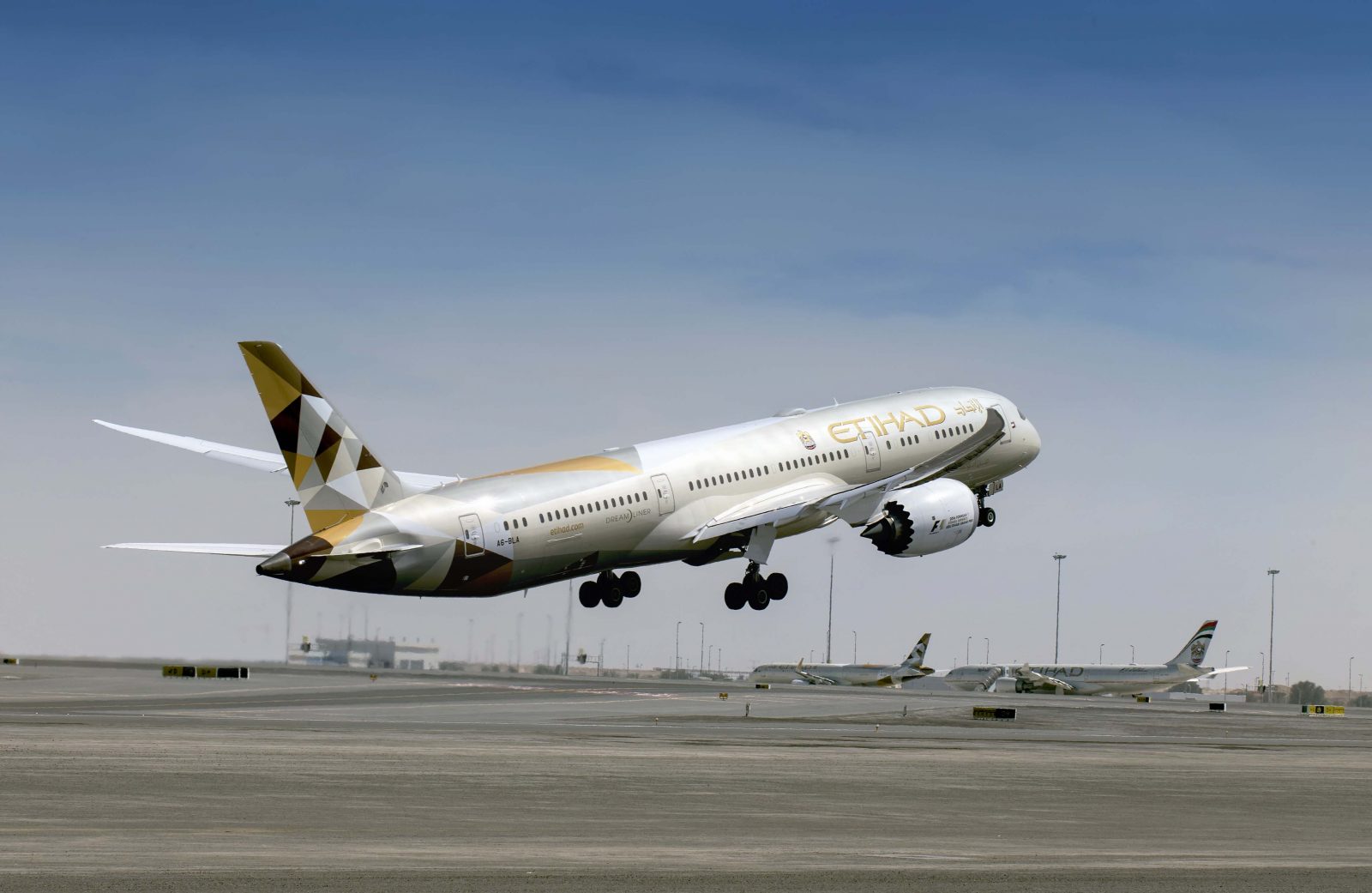
Hot on the heels of Etihad Airways announcing it would reduce the frequency of its daily flights to New York City by half, the airline has confirmed it will now be cutting it’s daily Dhaka service entirely – the only city in Bangladesh the airline currently serves. Already this year, the Abu Dhabi-based airline has said it will cut routes to Perth in Australia, Edingburgh and Ho Chi Minh.
Etihad is currently in the midst of a huge strategic review led by Peter Baumgartner, the airline’s chief executive who took up the position in 2016. He has been tasked with the seemingly impossible task of leading the airline back to profitability after Etihad made a loss of nearly $2 billion USD in the same year.
The decision to cut the Dhaka service will come as a surprise to many – flights to the country can prove lucrative with millions of Bangladeshi diaspora filling flights year round. Closer to home, analysts expect over half a million Bangladeshi residents of the UAE to be affected.
This decision, along with the halving of the New York JFK frequency have drawn raised eyebrows from commentators who can’t seem to fathom Etihad’s decision making. Supporters, however, say it’s not unusual for airlines to play around with their schedules and to cut back on routes if they’re not proving profitable.
Certainly, the competition on services to both New York and Bangladesh is intense – especially between Persian Gulf airlines. Nonetheless, if Etihad can’t compete on these key routes it does call into question whether there is space at all for the airline in an ever cramped market.
Etihad joined the party much later than the likes of Emirates and Qatar Airways and has failed to build sufficient market share. Etihad’s problems have been largely attributed to a failed business strategy by ex-CEO, James Hogan which saw the airline take minority equity stakes in a number of smaller carriers – part of a larger plan to feed its own growing network.
The demise of airberlin and the bankruptcy of Alitalia last year (of which Etihad owned a 49% stake in both) only came after Etihad had pumped billions of dollars into failed turn around plans.
In the last few weeks, there has been much speculation that Etihad is about to change or cancel a number of aircraft orders. The carrier currently has hundreds of aircraft worth billions of dollars at list value on order with both Boeing and Airbus – unfortunately, Etihad doesn’t currently have the need for these new planes.
We already know that the airline has made some staff redundant and it has seriously curtailed recruitment. As it stands, we don’t believe Etihad will be in a position to hire new cabin crew for the remainder of this year. Existing staff have not enjoyed a pay raise for over nine years.
For the past 12-months, we’ve frequently reported on a series of cutbacks that the airline has made to the passenger experience – much to the dismay of frequent flyers. Etihad is yet to reports its accounts for 2017 but the airline did agree to become much more transparent under a deal with U.S. regulators.
Hopefully, we’ll know much more in the coming months.
Mateusz Maszczynski honed his skills as an international flight attendant at the most prominent airline in the Middle East and has been flying ever since... most recently for a well known European airline. Matt is passionate about the aviation industry and has become an expert in passenger experience and human-centric stories. Always keeping an ear close to the ground, Matt's industry insights, analysis and news coverage is frequently relied upon by some of the biggest names in journalism.







